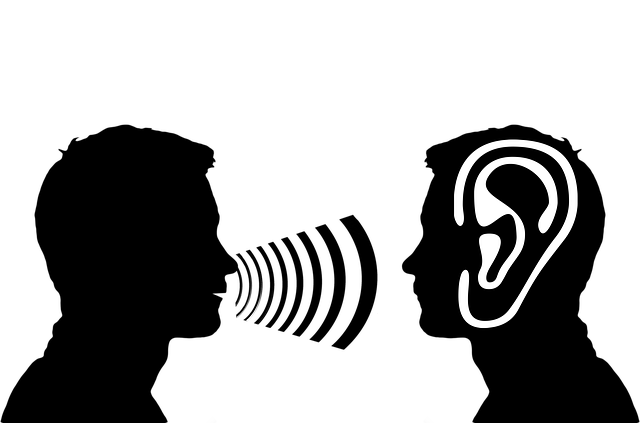
How To Be a Compassionate, Active Listener
On any given day, each of us has at least one experience, thought, question, or problem that we want to share with someone. Most of the time, we want to share because it’s a way of gaining insight, obtaining advice, celebrating good news, passing along the sad, stating our opinion, and/or clarifying issues. On occasion, however, we need to share in order to heal. And on those occasions, more so than at any other time, we need to share with people who can really listen. They are hard to find.
Yes, there are many people who say, “Just call if you need to talk,” or, “I’m here when you need me.” However, when the time comes for them to put their listening skills to work, it’s obvious—not to them, but to others—they simply aren’t up to the important task. They fidget. Their eyes are everywhere but on the speaker. They interrupt constantly. They ask irrelevant questions. They don’t allow for pauses in the conversation. Worse, they try to “one up” the speaker by sharing an equally distressing story of their own. Such behavior is unhelpful and hurtful as it sends the message (perhaps mistakenly), “Nope. Not interested.”
When one has been traumatized, as is the case with sex trafficking victims, it’s vital to really listen when they are ready to talk and to show them you’re listening. It’s a way to show empathy and to help empower the other person. Good listening requires effort; its work. So how does one go about it? What’s the proper protocol? What are the right steps? Here’s what will be found in compassionate, active listening:
The only focus is the speaker. Eye contact, an essential, is maintained throughout the conversation and all distractions are eliminated as much as possible. Of course that includes phones and any extraneous commotion. There’s no restless movement on the part of the listener, such as shuffling papers, tapping fingers, or shaking legs. The listener is also very attentive to the speaker’s body language, such as facial expressions and posture. They often show what is really being said beyond the spoken word.
Active listeners are not thinking about what they’re going to say next and how to best say it. They’re not preparing to give advice. Instead, they are engaged with the speaker by simply remaining present in each moment.
As the listener focuses on the speaker, judgment is withheld, as is jumping to conclusions. Any preconceived notions or biases are recognized as such; they prevent the listener from truly understanding the speaker’s perspective. By withholding judgment and stereotypes, a safe space is created, letting the speaker share what’s on her mind without fear of criticism or rejection. An open mind accompanies the open heart.
Interrupting with questions is kept to a minimum. The speaker is allowed to share what she feels is important at her own pace. That might come in fits and starts and will certainly include pauses, some of them lengthy. The active listener will sit with the silence and let the speaker express herself fully before responding.
Clarifying questions are asked when necessary. Good listeners ask such questions when they want to better understand something the speaker mentioned in the conversation. Clarifying questions are asked to clear any confusion or misunderstanding the listener might have about the topic at hand.
Encouragement in the form of non-verbal cues can be seen as the listener nods, leans in, faces the speaker directly, and keeps hands open.All of the elements above help nurture authentic, meaningful dialog and reach a deeper level of communication. They also require conscious effort and expend energy; they are important in nearly every conversation, most especially those held with people who have been traumatized. Being a good listener is essential in developing connections and showing compassion. Effective listening magnifies [other people’s] strengths, resilience, courage, and capacities to survive, which will in turn enable them to be restored.
If you would like to learn more or become an advocate or mentor, sign- up for our HT 101/102 Classes!
~ Kimberly Hand
